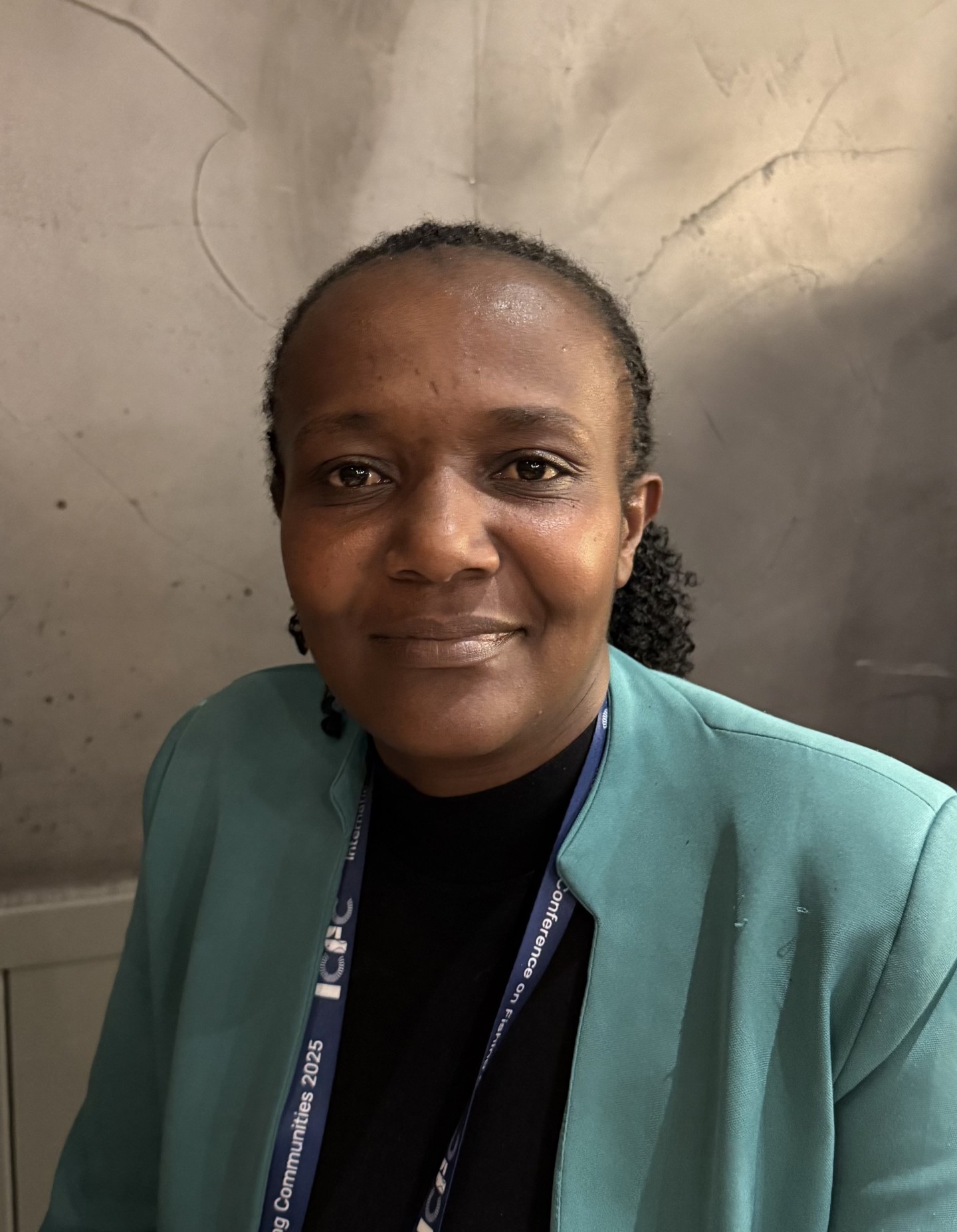Session 4 Cooperation & Solidarity
Biography
Abstract
Kenya’s fisheries sector plays a crucial role in supporting livelihoods, food security, and economic growth through its vast inland, and coastal resources. The Kenya Marine Fisheries and Socio-Economic Development (KEMFSED) Project, jointly financed by the Government of Kenya and the World Bank, seeks to improve the management of priority fisheries and mariculture while increasing access to complementary livelihoods among coastal communities.
The project strengthens governance through policy and institutional reforms, development of fisheries management plans, marine spatial planning, and operationalization of monitoring, control and surveillance systems. It also promotes mariculture production, construction of fisheries infrastructure, and community empowerment through finance support, capacity building, scholarships, and livelihood grants. Notably, initiatives such as seaweed farming in Kwale and Lamu Counties have enhanced gender inclusion, increased household incomes, and reduced fishing pressure. Key lessons emphasize continuous capacity building, market stabilization, and climate-resilient approaches to ensure sustainability. KEMFSED’s experience underscores that empowered, resilient, and well- supported fishing communities form the foundation of Kenya’s sustainable blue economy vision.


